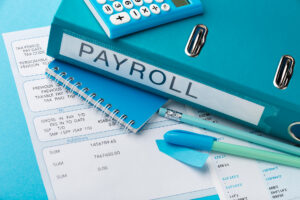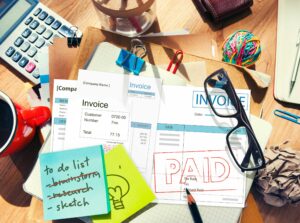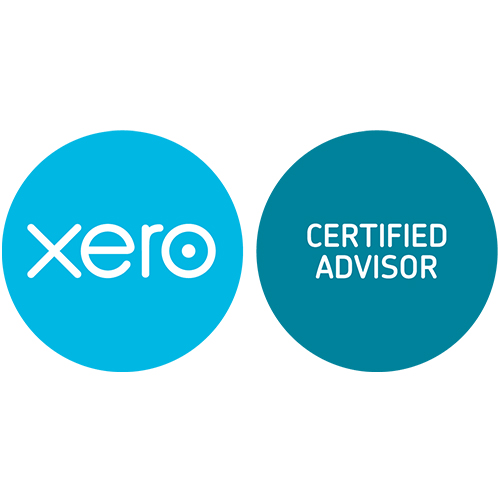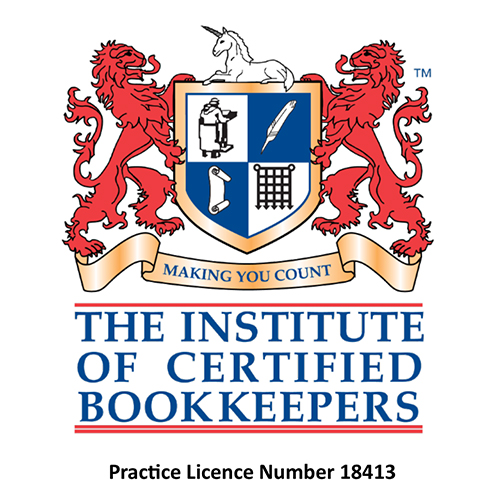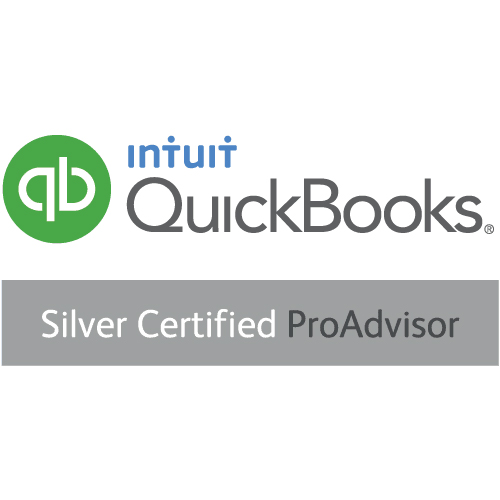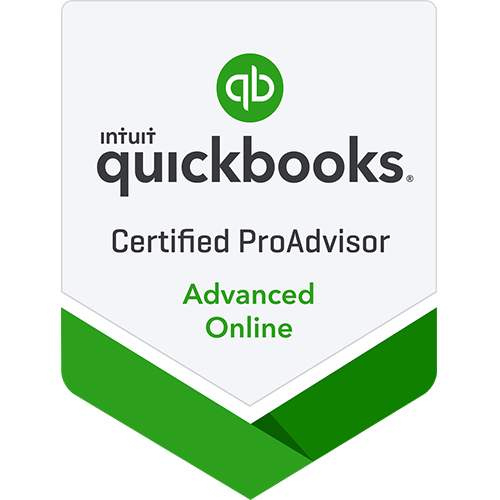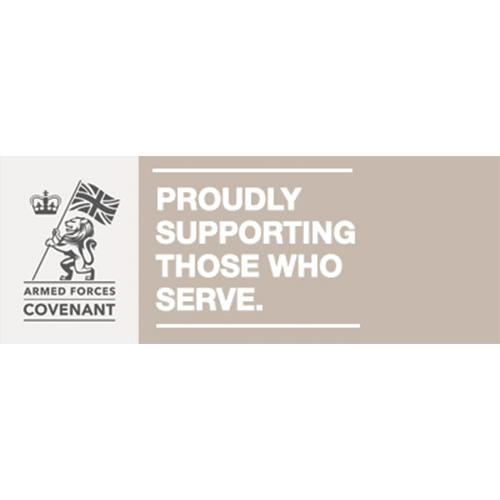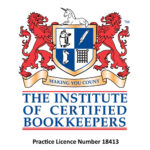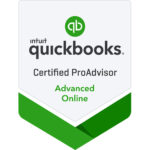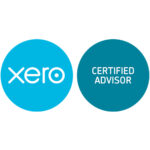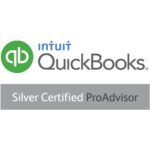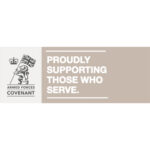When it comes to accounting for your small business, if you’re a sole trader in the UK you typically have two options – cash basis or traditional accounting.
“But what’s the difference?” we hear you cry. Well, stay tuned and we’ll take you through them both.
Before we start, it’s worth saying that if you’re a limited company or a Limited Liability Partnership (LLP), you cannot use the cash basis method and will have to use traditional accounting. So if that’s you, there’s no decision to be made on your part. There are some other exclusions too, so it’s worth checking the list on HMRC’s website.
Cash basis
Cash basis is popular with sole traders and partnerships because you don’t pay tax on any money you haven’t actually received.
If you’re sending large invoices towards the end of the financial year, it can be helpful for your cash flow if you don’t have to pay tax on money you haven’t received yet.
For example: if you invoice someone on 26th March 2021 and they don’t pay you until 26th April 2021, you include their payment in your 2021-2022 tax year. Even if you sent the invoice in the 2020-2021 tax year.
Cash basis is pretty much what it says on the metaphorical tin. You record the cash you have in the business, which is income you’ve actually received and expenses you’ve paid for. You don’t include anything you’re owed or that you owe to someone else.
If you use cash basis accounting, at the end of the tax year you will submit the amount of income you physically received that year and the amount you spent on allowable expenses. HMRC will then calculate your profit and that’s what you’ll pay tax on.
If you operate using the cash basis you:
- Won’t be able to claim large amounts of interest or bank charges as an expense (£500 is the limit)
- Might struggle to get finance for your business, as they often like to see traditional accounts
- Will need to include any purchases you make as allowable expenses, even equipment
- Won’t be able to offset any losses against another business
- Can use ‘simplified expenses’ to claim office running costs
Cash basis accounting can be suitable for small businesses if your turnover is less than £150,000. It can only be used for your self-assessment if you’re a sole trader or partnership.
If you want to see what HMRC have to say about cash basis accounting, you read their information here.
Traditional accounting
With traditional accounting, sometimes referred to as accrual accounting, you have to record every invoice you send or receive, regardless of whether it’s been paid. Therefore, if you send an invoice towards the end of the financial year, you will pay income tax on that invoice value. Regardless of whether the customer has paid the invoice or not.
To replicate the example we used in our cash basis accounting explanation, if you invoice someone on 26th March 2021, regardless of when they pay the invoice (even if it’s months later) you would include the value of their invoice on your 2020-2021 tax return.
If you choose to use traditional accounting you will:
- record some purchases, such as equipment, as assets for your business
- need to know the value of the stock you still hold, at the end of your accounting period (stock take anyone?)
- be required to keep thorough records of every business transaction including employee payments, car/van expenses etc
- be able to offset losses against other methods of income
- most likely need to calculate exact office costs and not use the ‘simplified expense’ method
Under the traditional accounting you’ll need to include depreciation and claim capital allowances on assets but also include prepayments and accruals. For example, if you spent £120 on a year’s worth of insurance in February then you would claim £20 as a cost in that year and £100 in the next year. Whereas under the cash basis method you would claim the full £120 expense in the year it was paid. This is called a prepayment.
An accrual is the other way round. So if we prepare Accounts for a business for the year ending 31/03/2021 then we’ll do the work in May and invoice the client in June. Our client may pay their invoice in July but as the cost itself is related to the 2020-21 year it would be accrued into that year’s accounts.
Traditional accounting works well for businesses with a high turnover (over £150k) or for smaller businesses who plan on big, quick growth. It’s also good for those who hold large amounts of stock or need to pay VAT.
Traditional accounting is definitely more complex than cash basis but has benefits when working with a larger turnover. Plus, if you have an accountant, we make it easy for you anyway!
What next?
If you choose to work with us (yay!) then we can help you decide which method would be the most suitable for your business. We are able to take into consideration your current circumstances, business model and your plans for the future of your business.
We love talking about all things accounts, so if you’d like to chat to us about this or anything else, just drop us a line, we’d love to hear from you.



